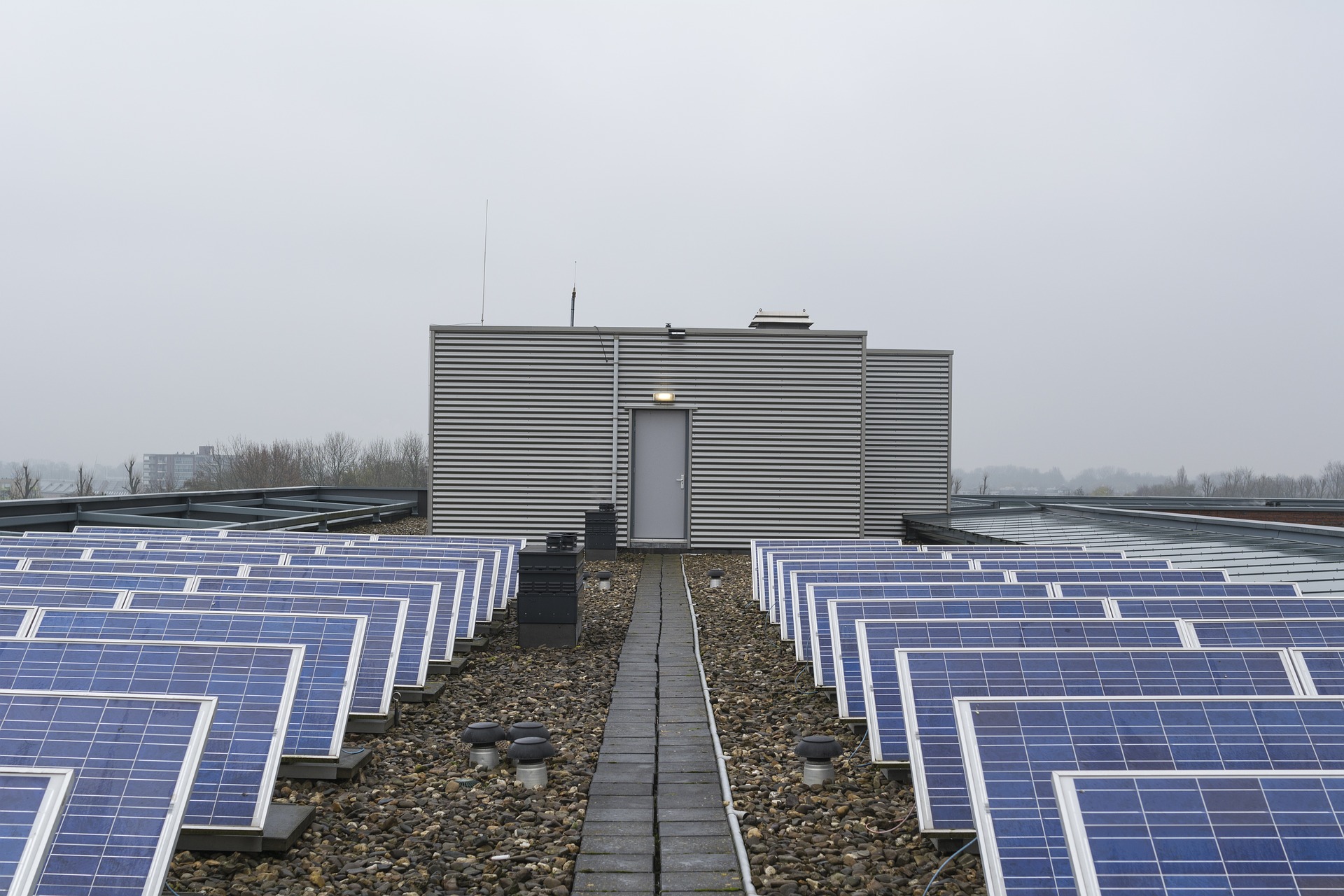Solar systems have been steadily growing in popularity as technology has advanced across the past few decades. This increased investment in research and development has led to technological innovations which have made solar systems more efficient and, importantly for consumers, far more affordable. This research and development has also led to to the popularisation of new technology.
One such piece of technology is the solar battery storage system. Although this technology has been around for decades now, it has always been prohibitively expensive for most. Until recently that is. As solar systems have become more cost-efficient in recent years, so too has the addition of a battery storage system to the solar array. But, what is battery storage, and how does it work? Let’s take a look at this exciting solar addition below.
What is it?
Your solar system is going to be generating a whole lot of energy on a daily basis. A solar battery is a device, connected to the solar system, which reserves the generated energy so that it can be consumed later on. For grid-connected solar systems without a battery storage system, the excess energy produced by the solar panels will be sent back to the grid rather than stored in the battery system on the property. Of course, this grid-connected non-battery approach has its own benefits also. Often, when a system offsets over 100% of its energy usage and sends excess energy back to the grid, bonus payments can come into play. In the battery scenario however, the excess energy is stored in the battery system and kept onsite, where it can be used in a number of ways.
What is it used for?
The excess generated energy, kept in reserve by the battery storage system, can come into play at a number of different points. A big draw of the solar battery system for some consumers is the sense of safety and security it provides in the event of a power outage. As your excess energy is stored onsite, it serves as a very practical solution in the face of a power outage. With this excess energy waiting in reserve, an outage is no concern as you can simply draw power from your battery storage. In addition, the battery storage energy can also be consumed outside of sun hours, or perhaps at a time when there is an intensive requirement for energy usage on the property. In a practical sense, keeping excess energy onsite at the location of the solar system can be a big draw for some solar consumers.
Is it right for me?
Whether or not a solar battery storage system is the right move is a decision to be made on a customer-by-customer basis. For the most part, the decision as to whether or not battery storage is a good idea is dependent on your utilities provider. Different utilities providers have different plans and rates with regard to energy usage, and the manner in which they handle net metering can vary from company to company. If your utilities company uses TOU (time-of-use) rates, you may be charged more for electricity usage at peak times. Generally the highest peak for energy consumption is evening time, outside of standard working hours. In this scenario, a battery system could be very beneficial and cost-effective indeed. To avoid paying the peak rates, you could use the energy stored in your battery system to power your home during these peak times. If your utilities provider does use TOU rates, then a battery storage system could be a perfect solution.
In addition, net metering prices can determine whether or not battery storage is the right move. Net metering, where utilities offer credits for the excess energy you send back to the grid, is variable between different utilities companies. In some cases, the company gives a reduced credit for the excess energy you send to the grid, but then charges a full rate when you later purchase electricity back from the very same grid. If this is the case for you, then it may make financial sense to store your excess electricity in a battery storage system, as opposed to selling it at a reduced rate.
To learn more about how you could benefit from a battery storage system, contact YSG Solar today or call the office at 212.389.9215.
Follow YSG Solar on Twitter, Instagram + Facebook.
By Shane Croghan
Sources:
https://www.sunrun.com/go-solar-center/solar-terms/definition/solar-battery-storage
https://www.solarquotes.com.au/battery-storage/
https://www.solarquotes.com.au/battery-storage/how-does-it-work/
https://www.energysage.com/solar/solar-energy-storage/how-do-solar-batteries-work/

